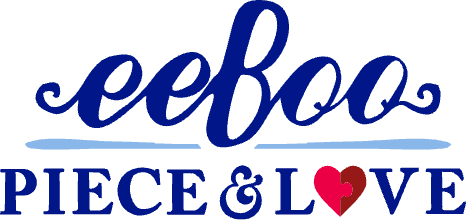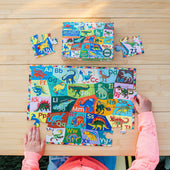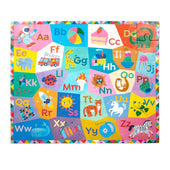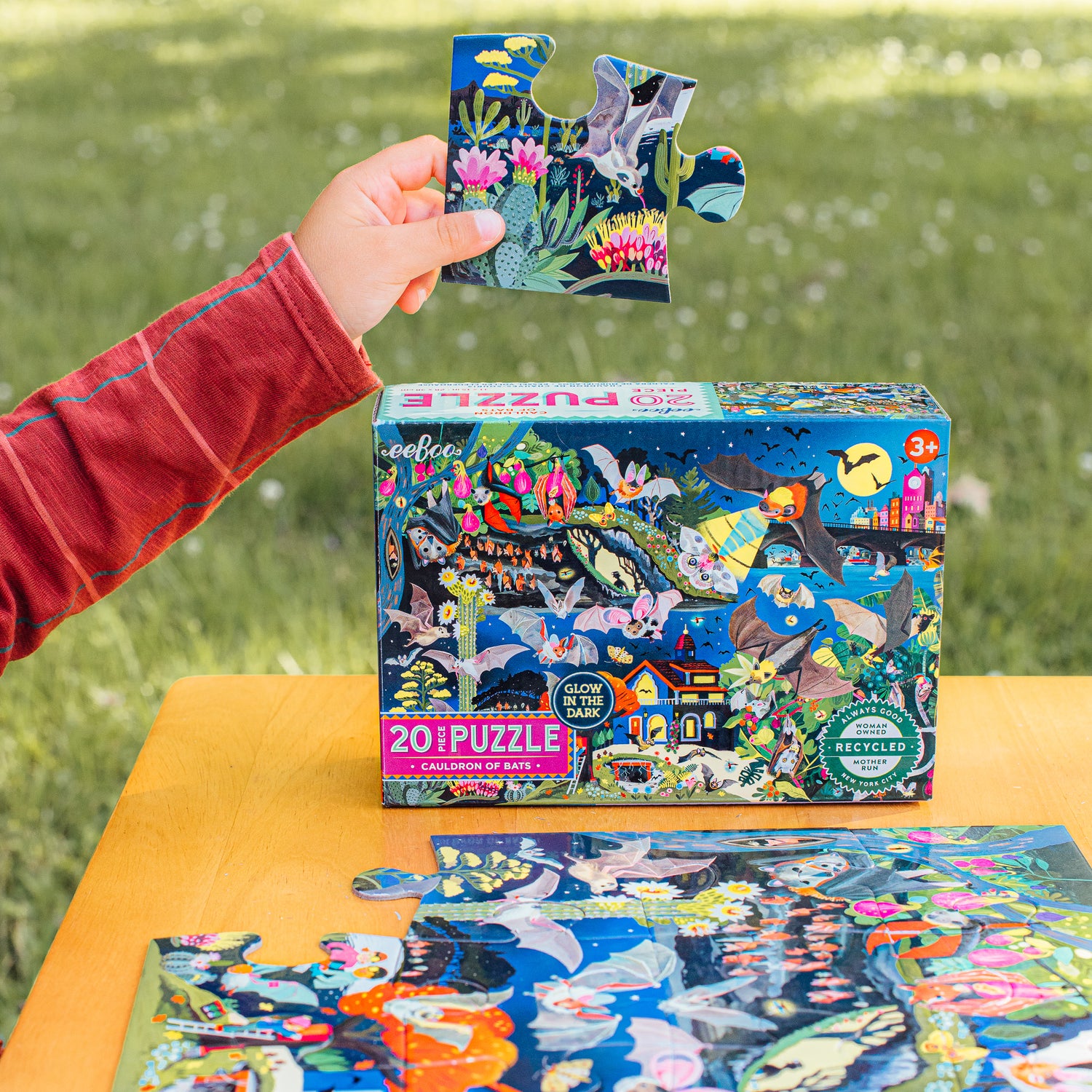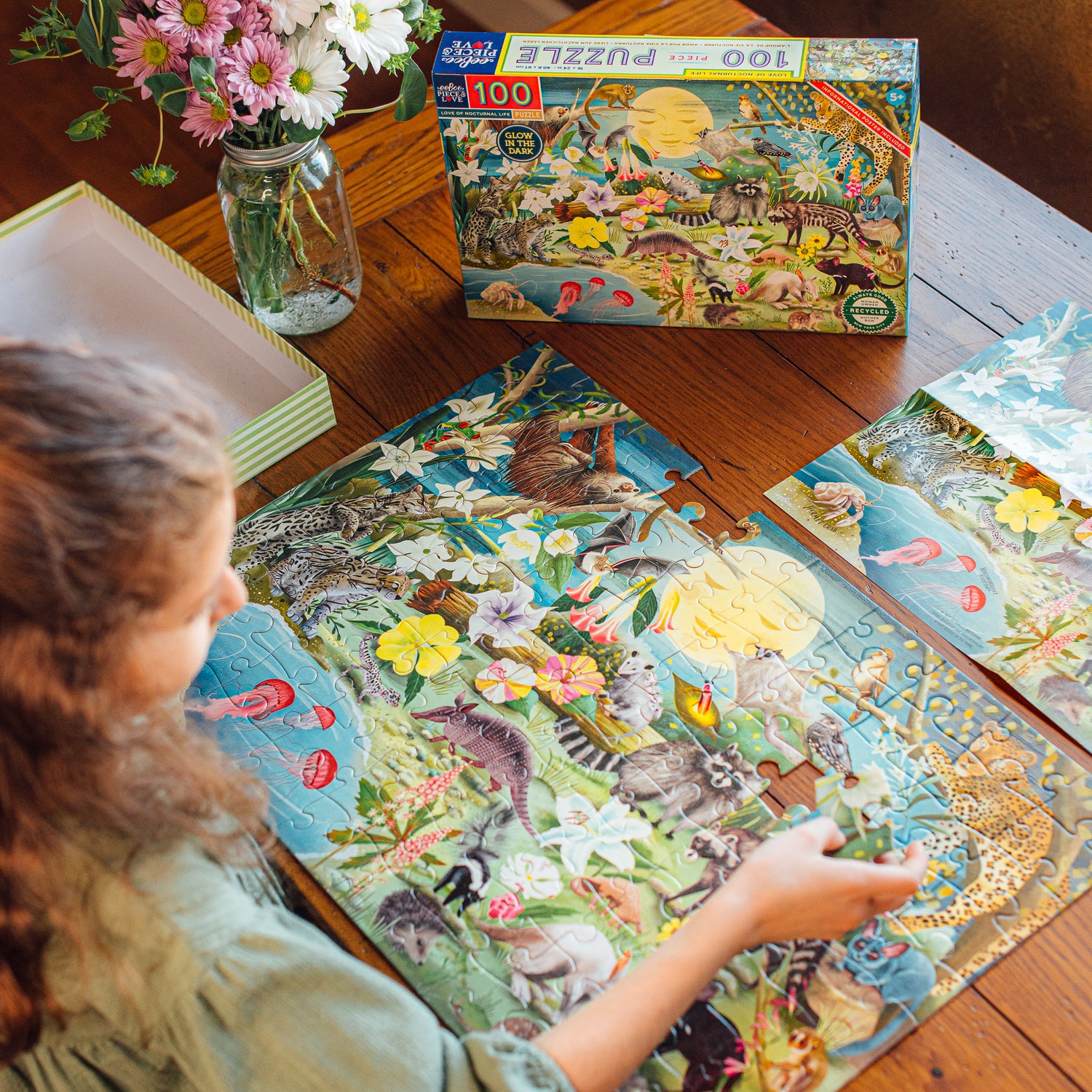To adults and older children, puzzle pairs may look too simplistic. Or you may think a child will simply match the colors and move on. Puzzle pairs can be an effective educational tool for young children, aiding in the development of vocabulary and basic skills. Here's how:
- Cognitive Skills: Matching puzzle pairs requires children to use their cognitive skills to identify similarities and differences. This process stimulates their thinking abilities and helps build a foundation for more complex cognitive tasks.
- Memory Development: Matching pairs of images or words in puzzles helps improve memory skills. Children need to remember the location of specific pieces to make successful matches, enhancing their short-term and eventually long-term memory.
- Visual Discrimination: Puzzle pairs often involve visual discrimination, where children learn to distinguish between similar-looking objects or words. This skill is crucial for reading and recognizing letters and words later on.
- Vocabulary Expansion: As children engage with puzzle pairs, they are exposed to different images or words. This exposure contributes to vocabulary expansion by introducing them to new concepts and terms. It can also reinforce the understanding of words they already know.
- Language Development: Discussing the puzzle pieces, either with a parent, caregiver, or in a group setting, promotes language development. Children learn to express themselves, describe the pieces, and understand instructions, contributing to improved language skills.
- Problem-Solving Skills: Matching puzzle pairs involves problem-solving as children figure out which pieces go together. This helps develop their analytical thinking and problem-solving skills, which are valuable in various aspects of life.
- Social Interaction: If children engage in puzzle pair activities with others, it encourages social interaction. Working collaboratively, discussing choices, and taking turns all contribute to the development of social skills.
- Fine Motor Skills: Handling puzzle pieces and fitting them together requires fine motor skills. This can aid in the development of hand-eye coordination and the manipulation of objects, which is beneficial for tasks like writing and drawing.
In summary, puzzle pairs offer a holistic learning experience for young children by promoting cognitive, memory, visual discrimination, language, and social skills. They provide an interactive and engaging way for children to explore and understand the world around them while laying the groundwork for further academic and personal development.
